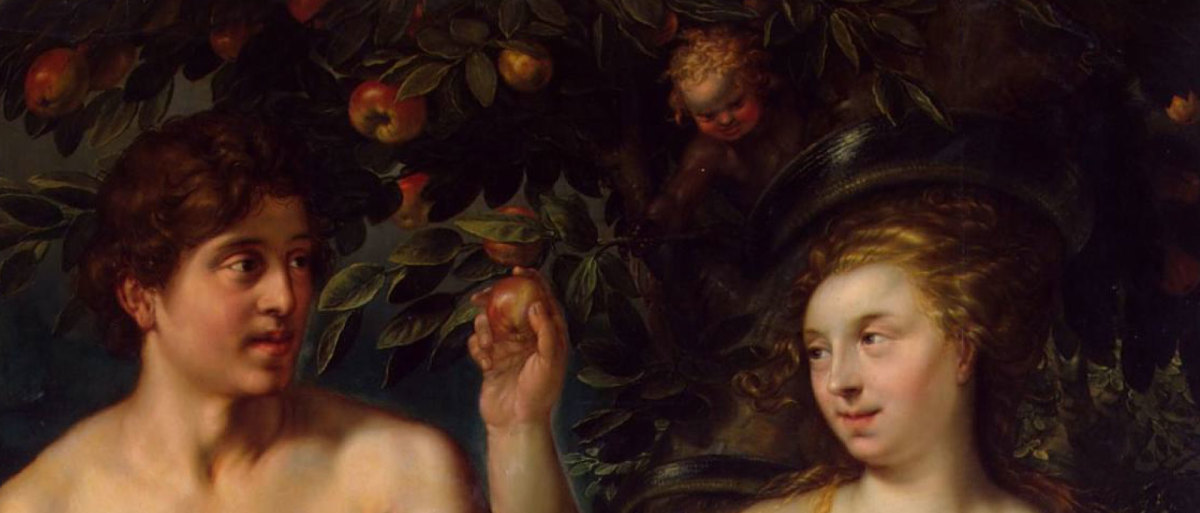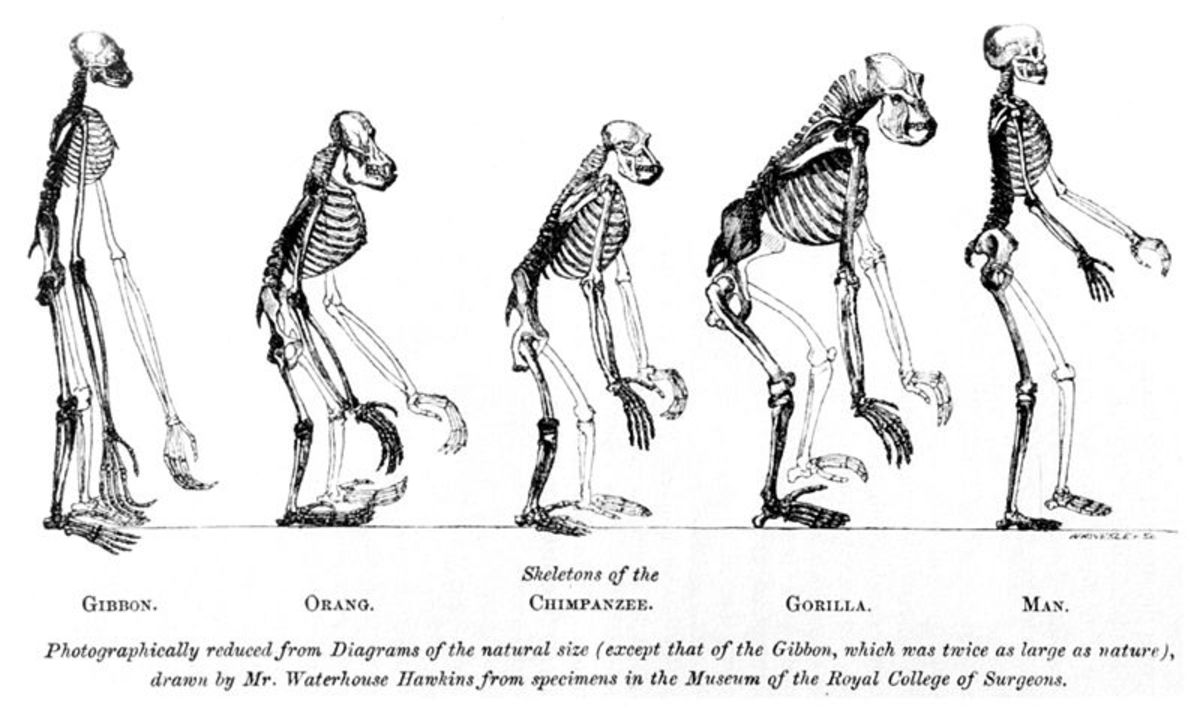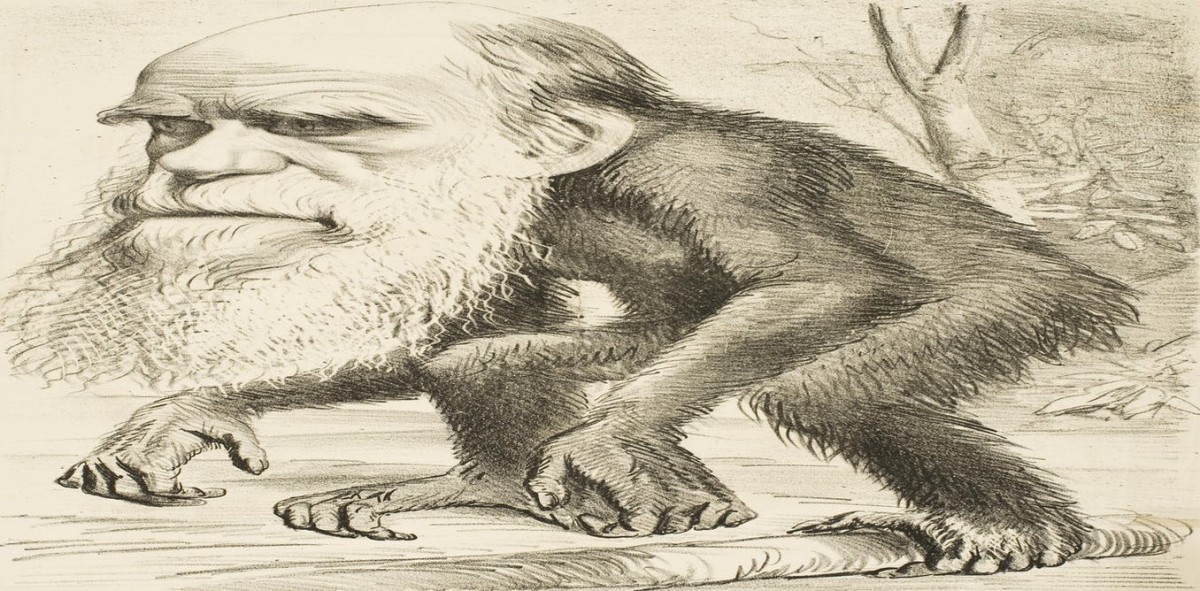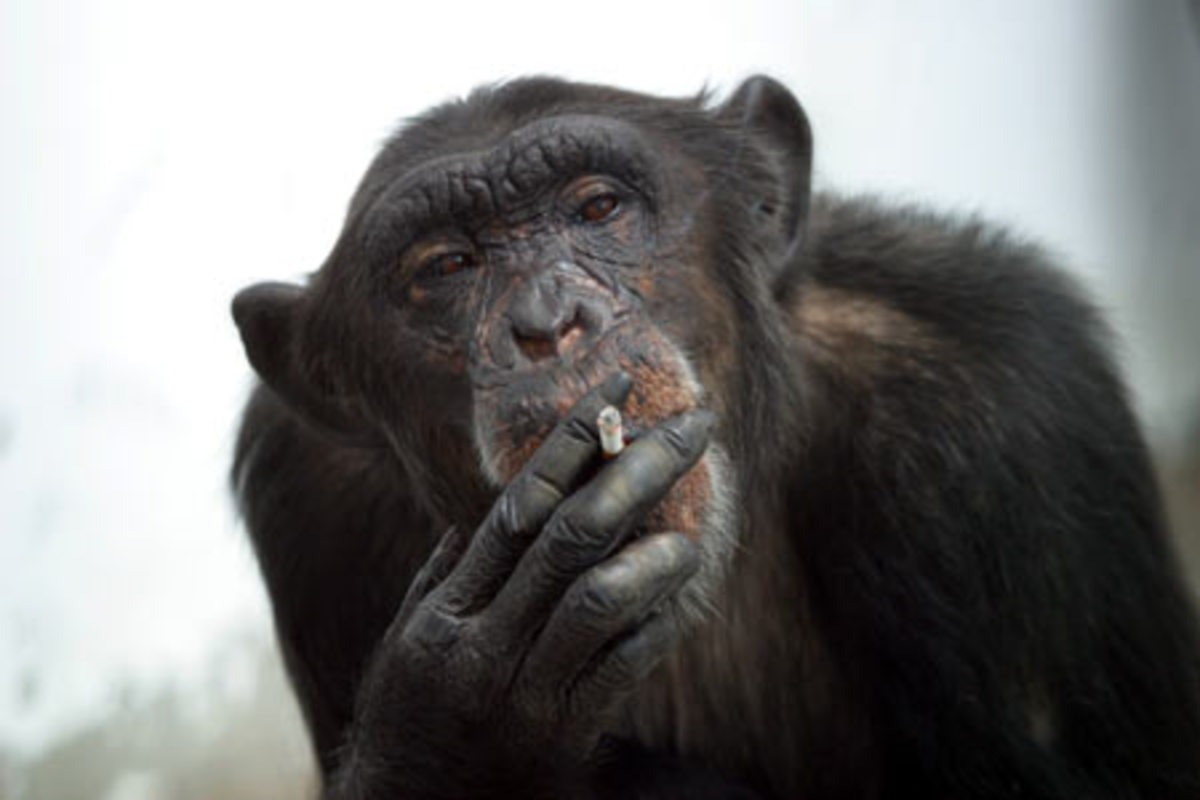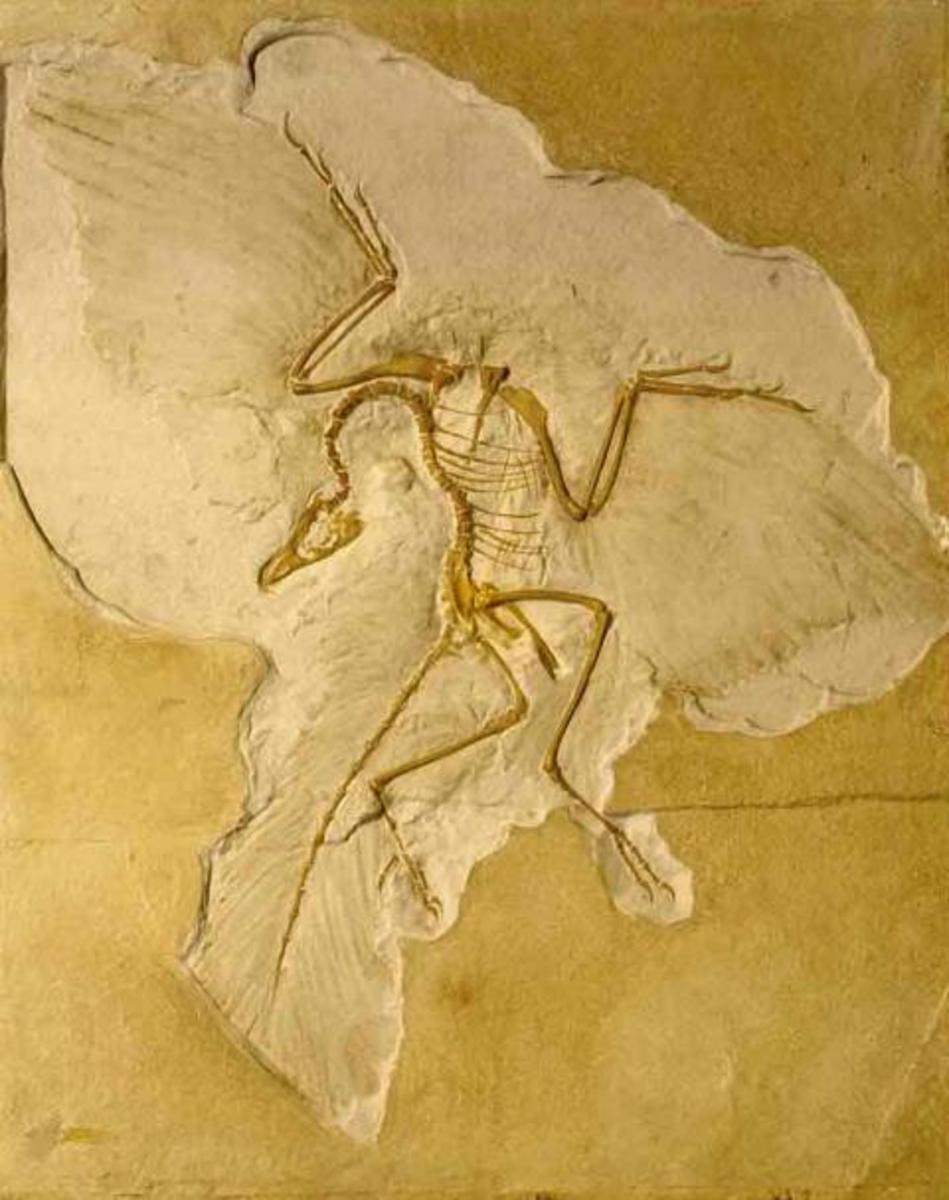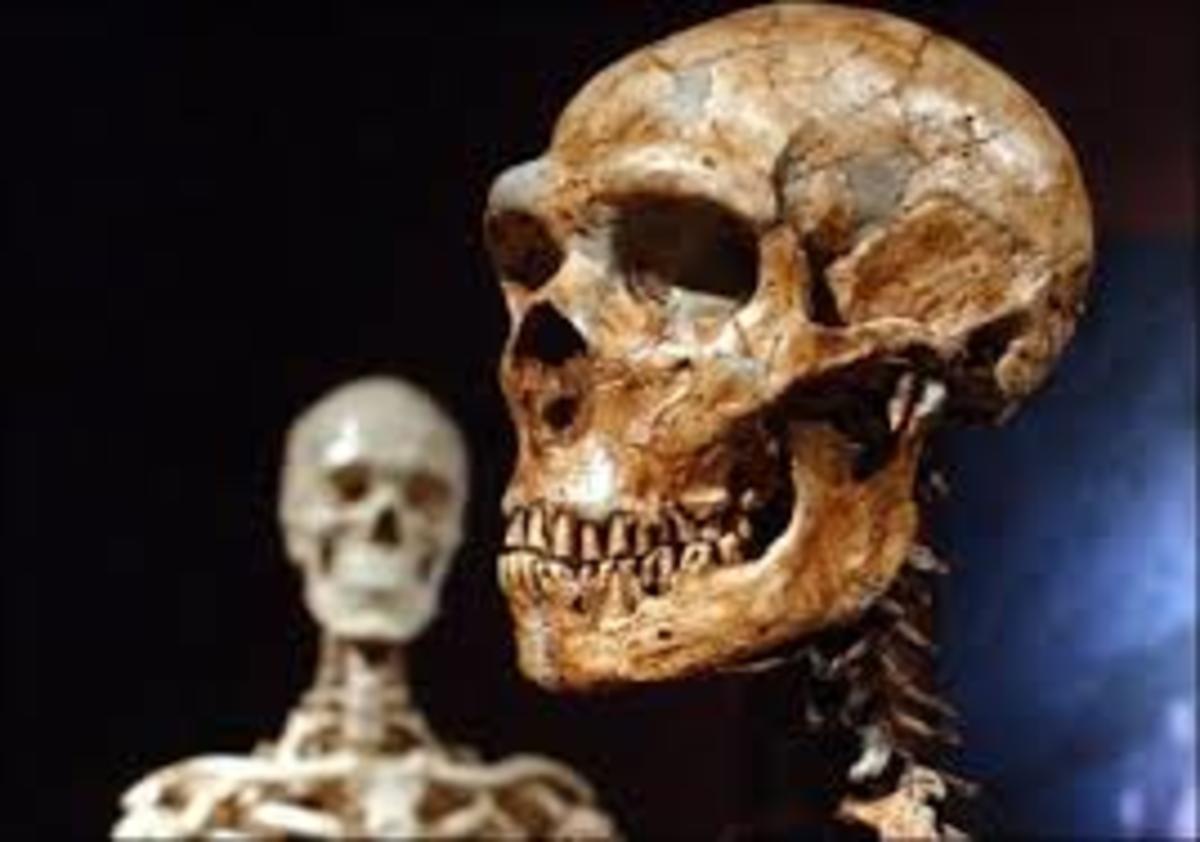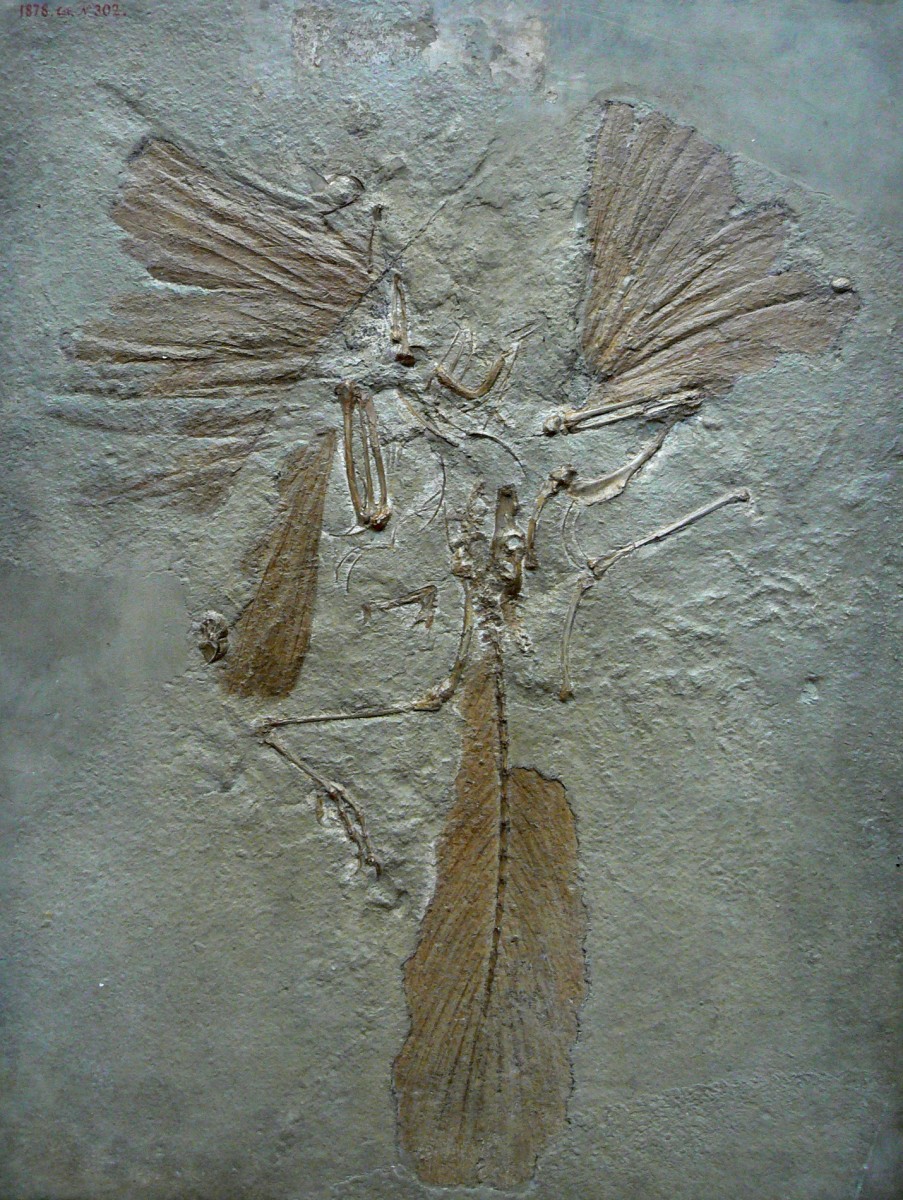My Evolving View on Evolution
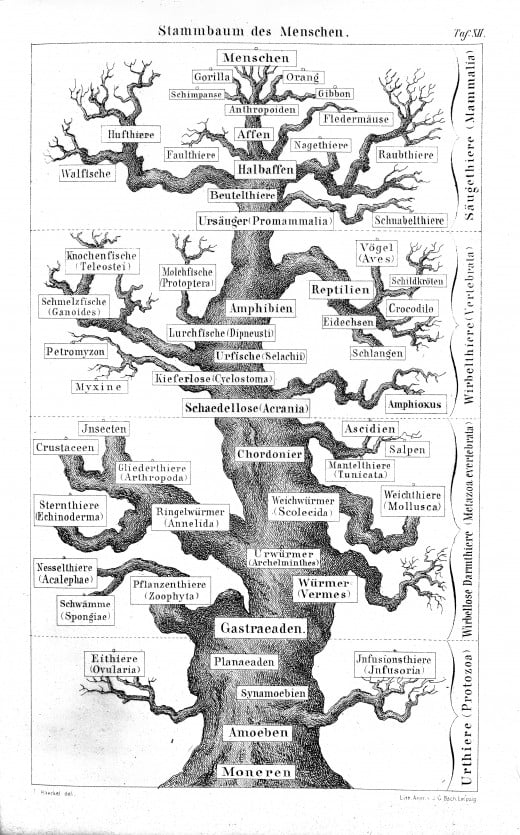
Related Reading
As a biology enthusiast with special interest in genetics and evolution, it is no surprise that I am familiar with the theory of evolution. However, the unique combinations of readings and conversations I have experienced in school have challenged me to think about evolution in ways previously unknown to me. From Genesis to Galileo’s, “Letter to the Grand Duchess Christina”, as well as The World from Beginnings to 4000 BCE by Ian Tattersall, I have been absorbing information of all kinds and form all viewpoints. Classroom discussions among my peers have forced me to engage in conversation, as well as come up with evidence to back my opinions. I have begun to take an active role in supporting my view on one of my favorite topics, while simultaneously coming to terms with the opinions of others.
The assigned readings have been very thought provoking, especially since they offer different perspectives and focus on difference aspects of evolution. Reading Genesis for the second time in my life really brought to light questions that I passed over the first time. The most important question that I kept coming back to was, “What gives this book authority over any other single book?” From my previous studies, I know that there are origin myths in every culture and religion, most of them being strikingly similar. Although the stories in Genesis must have made sense to people of limited knowledge in the distant past, explaining the “unexplainable”, it seems outdated and unnecessary today in a world where we have unlimited access to soundly-supported science and knowledge about the world around us. This has given me even more stability in my interpretation of evolution as a completely separate entity from religion.
Luckily, I was given the privilege to read Galileo’s “Letter to the Grand Duchess Christina” after reading Genesis, which gave a refreshing view. Galileo, a religious man himself, insists that The Bible should not be considered the highest authority when there are sciences with real evidence and support that must be given recognition:
“Hence I should think it would be the part of prudence not to permit anyone to usurp scriptural texts and force them in some way to maintain any physical conclusion to be true, when at some future time the senses and demonstrative or necessary reasons may show the contrary.” (Galilei 187)
Galileo’s stance, as well as the religious convictions of my classmates, has helped me accept that some people can be both scientifically educated and religious, as long as they realize the limitations of both. Tattersall summarizes this notion well by emphasizing that religion and science play different roles in a person’s life: “Science and religion deal with two intrinsically different kinds of knowledge and address equally important but utterly different needs of the human psyche” (Tattersall 1). Realizing that science and religion can serve different purposes while not necessarily conflicting with truth has allowed me to see the value of my classmates’ beliefs. By showing respect for my peers while simultaneous learning more about the theory of evolution, I have been able to expand both my knowledge and acceptance.
Due to my education, I have become more tolerant and have been forced to think critically about my own beliefs. Although now I am even more sure of the merits of evolution than ever, I will admit freely that I do not know everything, nor do I have all of the answers. The one thing that I know for certain is that we are far from knowing everything about the universe: “’Those truths which we know are very few in comparison with those which we do not know’” (Galilei 187). However, I will continue searching for knowledge, though I may never find the complete answer.
Works Cited
Galilei, Galileo. “Galileo Galilei to the Most Serene Grand Duchess Mother.” Discoveries and Opinions of Galileo. Trans. Stillman Drake. New York: Anchor Books, 1957. 175-216. Print.
“Genesis”. The Cambridge Annotated Study Bible: New Revised Standard Version. Cambridge England: Cambridge University Press, 1993. Print.
Tattersall, Ian. The World from Beginnings to 4000 BCE. New York: Oxford, 2008. Print.
Your Turn:
What are your views on evolution?
Related Essays
- Galileo vs. Darwin and Wallace
I have examined, compared, and contrasted the different tactics which Galileo and Darwin/Wallace use to convince the public to believe their new scientific discoveries over the religious teachings. - The Infinite: The Question of the Cosmos
An exploration of society's understanding of "infinity" as it pertains to the origin of the universe. Both scientific and religiously based options are also considered. - The Origin of Language
My thoughts on an essay claiming that bipedalism was the first step toward a complex language system in humans. I also explore similarities between other species today and our human ancestors, as well as the possibilities for the future. - Subjectivity of the Mind
I have compared and contrasted the views on the subject of mind through the writing of three experts: Rene Descartes, Sigmund Freud, and Gerald Edelman. The common conclusion is that the mind is a subjective entity.


